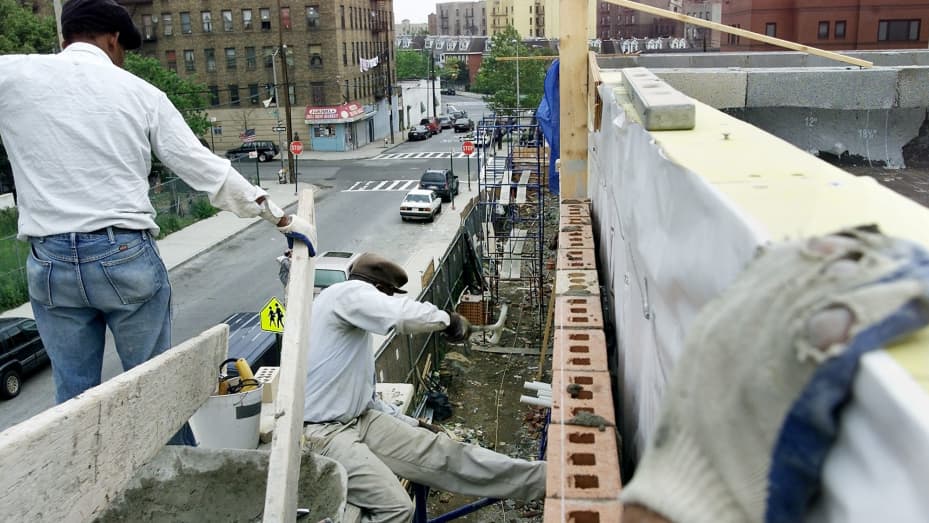
The “G” word gets thrown around a lot when it comes to community development and has negative connotations. This is because the process of gentrifying a community has traditionally ousted long term residents paving roads and the way wealthier people to reside there. Community development need not require a shift in the culture of the community itself. Community development needs only to supply the neighborhoods with much-needed resources and infrastructure.
From a public health perspective, we look to the Government to supply safe roads, clean water, and clean air, especially in densely populated areas. The latter items reflect the intersection of the EPA (Environmental Protection Agency), and public health. The Environmental Justice (EJ) initiative performed this very task in 2014, by laying out a framework in the creation of Community Action for a Renewed Environment (CARE) program. The 10-point bulletin is as follows:
- Build a partnership
- Identify community concerns
- Identify community vulnerabilities
- Identify community assets
- Identify concerns for immediate action
- Collect and organize information
- Rank risks and impacts
- Identify potential solutions
- Set priorities for action and begin work
- Evaluate results and become self-sustaining
Should the goal for community development be driven by activism, social capital, or some other incentive?
The challenge in balancing any agenda is purely political. The sad human nature is qualifying or one’s motives to one’s social impact. This was evident in the case of Majora Carter, who grew up in the Bronx and generated fame over their activism, sparking change. Criticism follows as Ms. Carter’s organization generates profit. The question is why should social activism imply financial modesty? Can a wealthy person be considered a grassroots social activist?
Finally, what was the key etymological root of “reparations”?
I venture to say it is to “repair.” We cannot properly atone as a nation without repairing the harm done to the Black community’s ancestors. The longer we hold off on substantive actions, the more struggling Black communities have their needs unmet. From a health perspective this includes access to good education, good roads, safe water, clean air. The pursuit of health, property and happiness is what is at stake.
